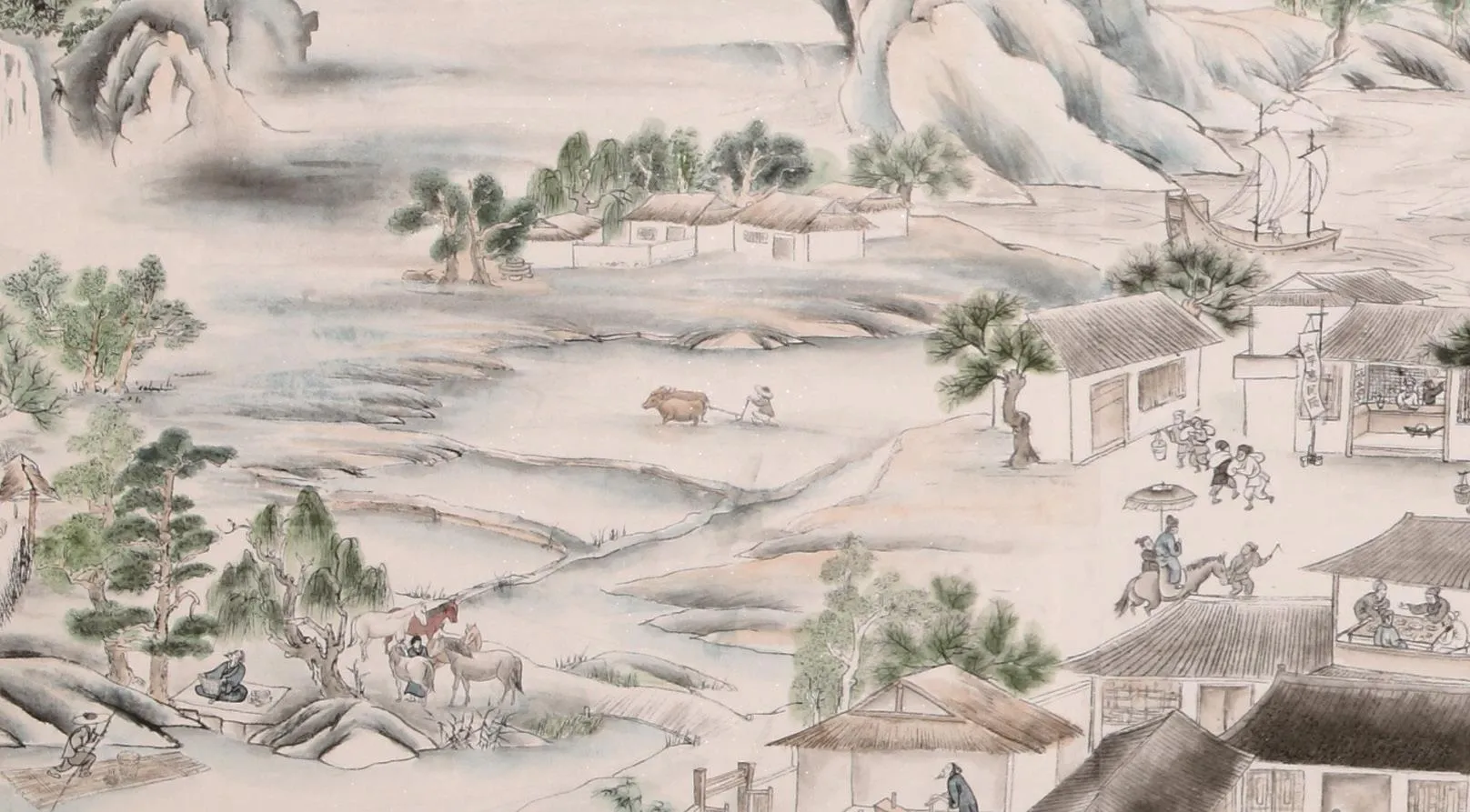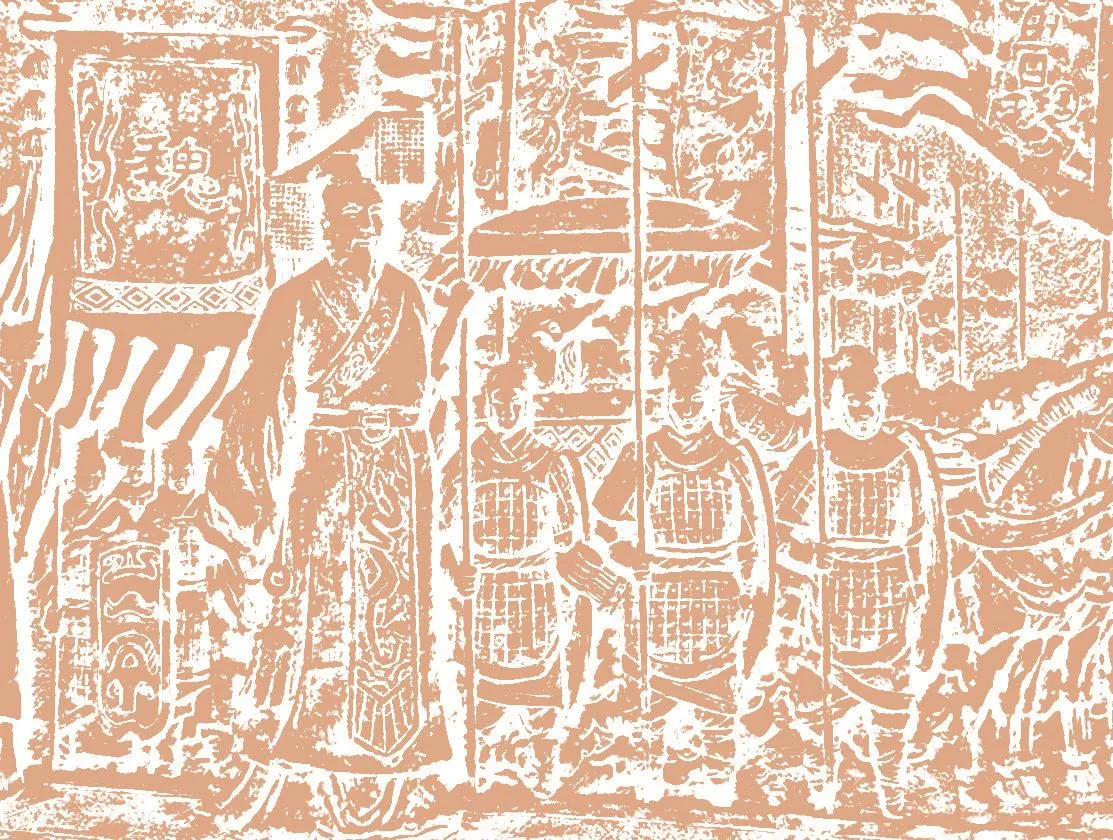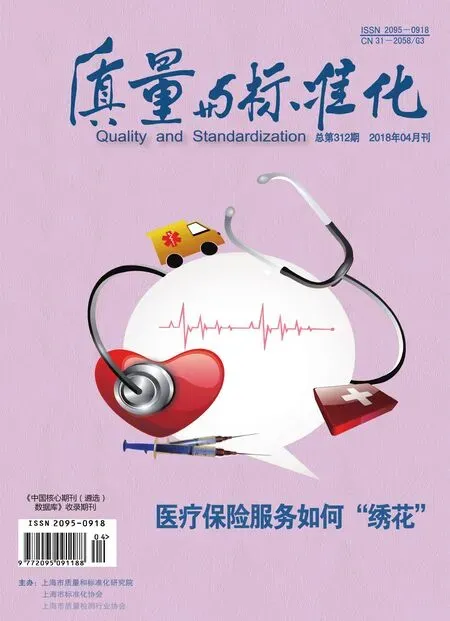争霸天下的定国良式
文/五花肉
沿着《盛世华彩》图的远山脉络,我们用三期连载和读者分享了历史建筑的标准化智慧。接下来的三期,我们将从河流主线入手,一起探寻我国古代人民在农耕和航运领域的标准化探索。
Along with veins of the distant hills on the painting Flourishing Cadenzas, we shared the standardization wisdom of historical architecture with readers in three consecutive serials.In the next three serials, along with the river line, we are to explore the standardization endeavor of ancient Chinese people in farming and shipping.

作为封建王朝在农耕领域的重要制度创新,屯田制始于西汉、终于清朝,对当时恢复农业生产、解决国家粮荒起到了极大的促进作用,被时人誉为定国良式。
As an important institutional innovation for a feudal dynasty in the field of farming, the Tuntian System (militarized farming system) originated in the Western Han Dynasty and ended in Qing Dynasty. It played an important role in resuming agricultural production and solving the food shortage crisis at that time. For this reason, it was praised by the people as a good way to rule the country.
曹氏屯田 标准有三
Three Standards on Tuntian System for Wei Regime
东汉末年烽烟四起,全国人口一度减少73%,农业生产遭到毁灭性打击,粮食极度缺乏。期间,曹魏欲争霸天下,数次出征皆因军粮不足而退兵。
In the late Eastern Han Dynasty, the national population reduced by 73% due to the endless wars, which disrupted agricultural production and caused the extreme food shortage. During the period,Wei Regime(regime founded by Cao Cao 1800years ago) marched out to conquer other states for several times, only to find themselves in retreats due to lack of food.
“夫定国之术,在于强兵足食,秦人以急农兼天下,孝武以屯田定西域,此先代之良式也”。建安元年(公元196年),曹操采纳谋士建议,开始实施屯田制,制定军屯、民屯和士家屯三种标准,全面推广、分类管理。
"The way to realize a country’s prosperity lies in strong military and sufficient food. Qin unified the country because they put agriculture as the first priority,Emperor Xiao Wu settled the Western Regions due to his Tuntian policy. These were previous dynasties’valuable experience." In 196 AD, advised by his counselor, Cao Cao (a great statesman in Eastern Han Dynasty) began to carry out the Tuntian System and classified the farmland type into military, civilian, and soldier’s family, therefore farmlands were distributed and managed accordingly.
官牛六四 私牛五五
The Allocation Standard Based on the Ownership of the Cattle

曹魏屯田的核心标准在于两点:一是中央集权,独立于现有行政体系之外,另行建立自上而下、专司屯田的各级官员,不受地方官员节制,确保屯田收成上缴国家;二是分配标准,根据耕牛所有权确立分配比例,政府提供的耕牛可获得田地收成的百分之六十,反之则与百姓平分。
The core standard of Wei Regime Tuntian System lies in two aspects. The first one is centralization.It established top-down officials at different levels with the responsibility of ensuring the harvest of central authority. These officials did not subject to or restrained by local officials. The second one was the allocation standard. Allocation ratio was set based on the ownership of cattle: use governmentassigned cattle, one can receive 60% of the harvest, or otherwise get 50%.
推广屯田制仅一年,就得谷百万斛。邓艾经营淮河六年,更是得谷三千万斛。一时之间,曹魏“所在积谷,仓廪皆满”“征伐四方,无运粮之劳”,为其吞吴灭蜀一统天下,打下了坚实的物质基础。
More than a million Hu (a dry measure used in former times) grains were collected in merely one year. Deng Ai minister of Wei Regime , who managed Huaihe river region, collected over 30 million Hu grains in six years. For a while, the scene of Wei Regime was"stacking grains everywhere, all barns were full","conquering around with food around", which paved solid material ground for it to subdue Wu State and Shu State and unify the whole country.
妄改标准 制消政亡
Demise of System and Regime Caused by Standards Changes
曹魏统治后期,中央政权式微,屯田收成话语权逐渐旁落日益崛起的地方势力。各地为了搜刮民膏、充实武装,竞相提高屯田分配标准至七三、八二,直接导致屯民大批逃亡、暴动,屯田制名存实亡。
In the late period of Wei Regime, as the of the central regime declined, the rising local forces gradually seized the control over the allocation standard of the Tuntian System. To extort from people and strengthen the forces, they increased the allocation ratio to 3:7,even 8:2, resulting in a large number of refugees and rebellions. The Tuntian system rarely enforced and easily violated.
咸熙元年(公元264年),无粮可收的曹魏政权下令废除民屯。一年后,魏亡,晋取而代之。此后,虽历经改朝换代,屯田制却一直被继承下来,沿用至明、清。
In 264 AD, with no more grain to collect, Wei Regime ordered to abolish the civilian farming part in the Tuntian System. One year later, the Wei Regime was replaced by Jin Dynasty. Although going through diあerent dynasties, Tuntian System was inherited well down until the Ming and Qing Dynasties.
结 语
Conclusion
标准是各方利益均衡的产物,目的是为了凝聚共识,获得最佳秩序。曹魏初期,相对合理的屯田分配标准,获得了百姓的认可和支持,也奠定了其争霸天下的资本。后期脱离现实的分配标准,破坏了标准适用性的基础,看似获得短期利益,却加速了政权的灭亡。今人当以史为鉴!
Standards are the product of balanced interests of all parties. Standards aim to achieve consensus and the best order. The relatively reasonable allocation standard of Tuntian System in the early period of Wei Regime was highly recognized by the public, and it laid the foundation for Wei Regime. In the later period, the allocation standard became impractical and inapplicable. The short-term benefits might have been obtained, however it was accelerating the perdition of Wei Regime. Modern society should take history as a mirror.

